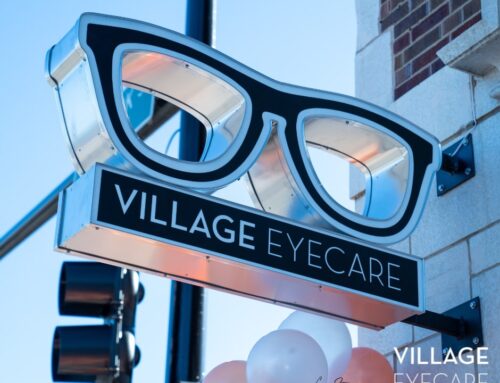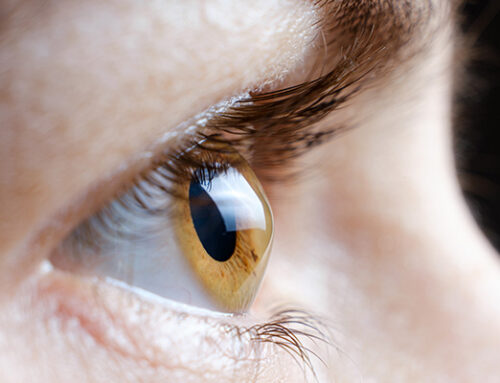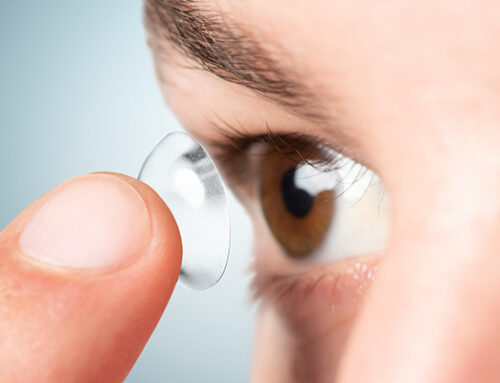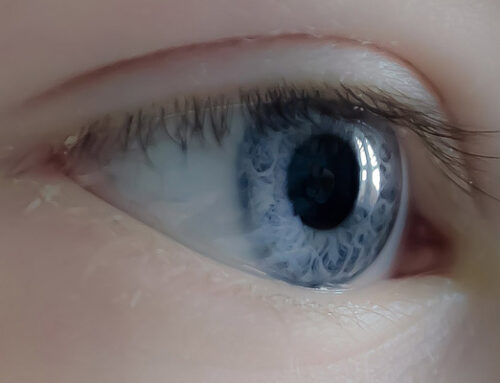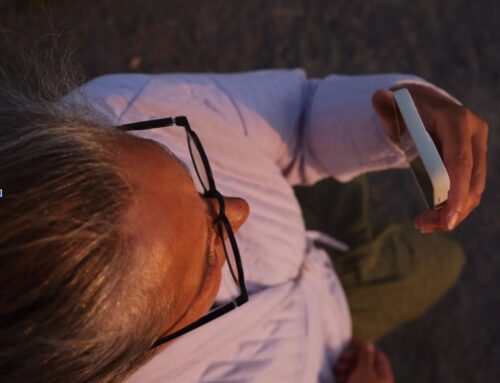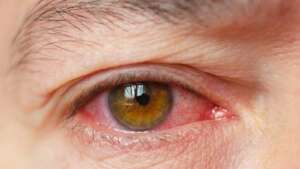 Can Anxiety Cause Dry Eyes? Exploring the Link between Anxiety and Dry Eye Syndrome
Can Anxiety Cause Dry Eyes? Exploring the Link between Anxiety and Dry Eye Syndrome
Anxiety is a prevalent mental health condition that affects millions of people worldwide. It can manifest in various physical and psychological symptoms. While anxiety is primarily associated with emotional distress, it can also have unexpected effects on physical health. One such effect is the potential correlation between anxiety and dry eyes. In this blog post, we will delve into the relationship between anxiety and dry eye syndrome and discuss ways to manage both conditions
Understanding Dry Eye Syndrome
Dry eye syndrome occurs when there is an imbalance in the quantity or quality of tears, leading to insufficient lubrication of the eyes. Common symptoms include dryness, stinging or burning sensation, redness, blurred vision, and eye fatigue. The condition can significantly impact daily activities and quality of life.
The Anxiety-Dry Eye Connection
Research suggests a bidirectional relationship between anxiety and dry eyes. While the exact mechanisms are not fully understood, several factors contribute to this link
1. Reduced Blinking Anxiety often leads to increased muscle tension and a heightened state of arousal. This can cause a person to unconsciously reduce their blink rate, leading to inadequate spreading of tears across the eyes and increased evaporation.
2. Changes in Tear Composition Stress and anxiety can alter the composition of tears, resulting in an imbalance in tear components. This imbalance can affect the quality of tears and contribute to dryness.
3. Increased Sensitivity Anxiety can heighten sensitivity to physical sensations, including dryness or discomfort in the eyes. This heightened awareness can exacerbate the perception of dry eye symptoms.
4. Medications Some medications prescribed for anxiety or depression, such as selective serotonin reuptake inhibitors (SSRIs), can cause or exacerbate dry eye symptoms as a side effect.
Managing Anxiety and Dry Eye Syndrome
If you experience anxiety and dry eyes, it is essential to address both conditions simultaneously. Here are some strategies to manage anxiety and alleviate dry eye symptoms
1. Seek Professional Help Consult with a healthcare professional or mental health specialist to address your anxiety. They can provide appropriate therapies, such as cognitive-behavioral therapy (CBT) or medication, to manage anxiety symptoms effectively.
2. Practice Stress Management Techniques Engage in stress-reducing activities like deep breathing exercises, mindfulness meditation, yoga, or regular physical exercise. These techniques can help alleviate anxiety and promote overall well-being.
3. Use Artificial Tears Over-the-counter artificial tears can provide temporary relief for dry eyes. These lubricating eye drops help to supplement natural tears and alleviate dryness. Consult with an eye care professional to determine the most suitable type of eye drops for your specific needs.
4. Practice Good Eye Hygiene Maintain good eye hygiene by avoiding rubbing your eyes, using a humidifier to add moisture to the air, and avoiding environments with excessive air conditioning or dry heating.
5. Take Regular Breaks from Screens Prolonged screen time can exacerbate dry eye symptoms. Follow the 20-20-20 rule by taking a 20-second break every 20 minutes to look at something 20 feet away. This practice helps reduce eye strain and encourages blinking.
6. Protect Your Eyes Wear wraparound sunglasses or protective eyewear when outdoors to shield your eyes from wind, dust, and other environmental factors that can worsen dry eye symptoms.
7. Stay Hydrated Proper hydration is crucial for maintaining overall eye health. Drink an adequate amount of water each day to stay hydrated, which can help alleviate dryness.
While anxiety and dry eye syndrome can be challenging to manage, understanding the potential connection between the two can guide appropriate interventions. By addressing anxiety through professional help, adopting stress management techniques, and practicing good eye hygiene, you can help alleviate the eye condition known as dry eye.



